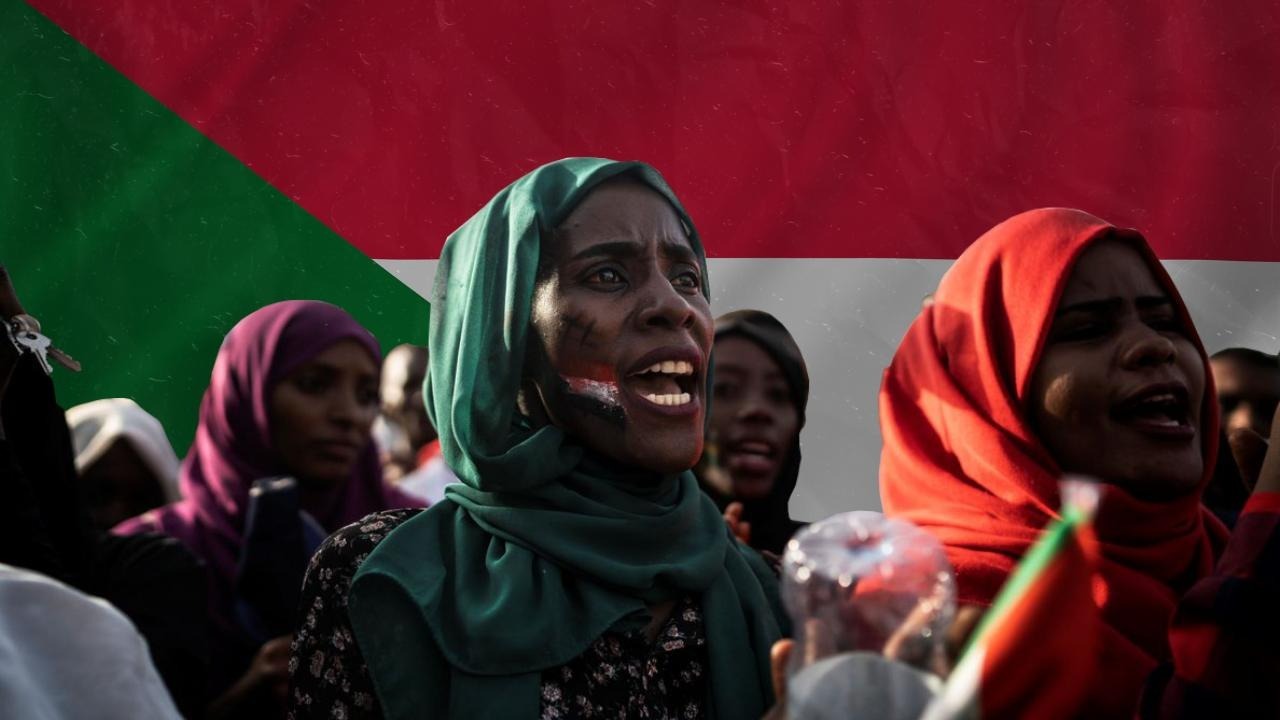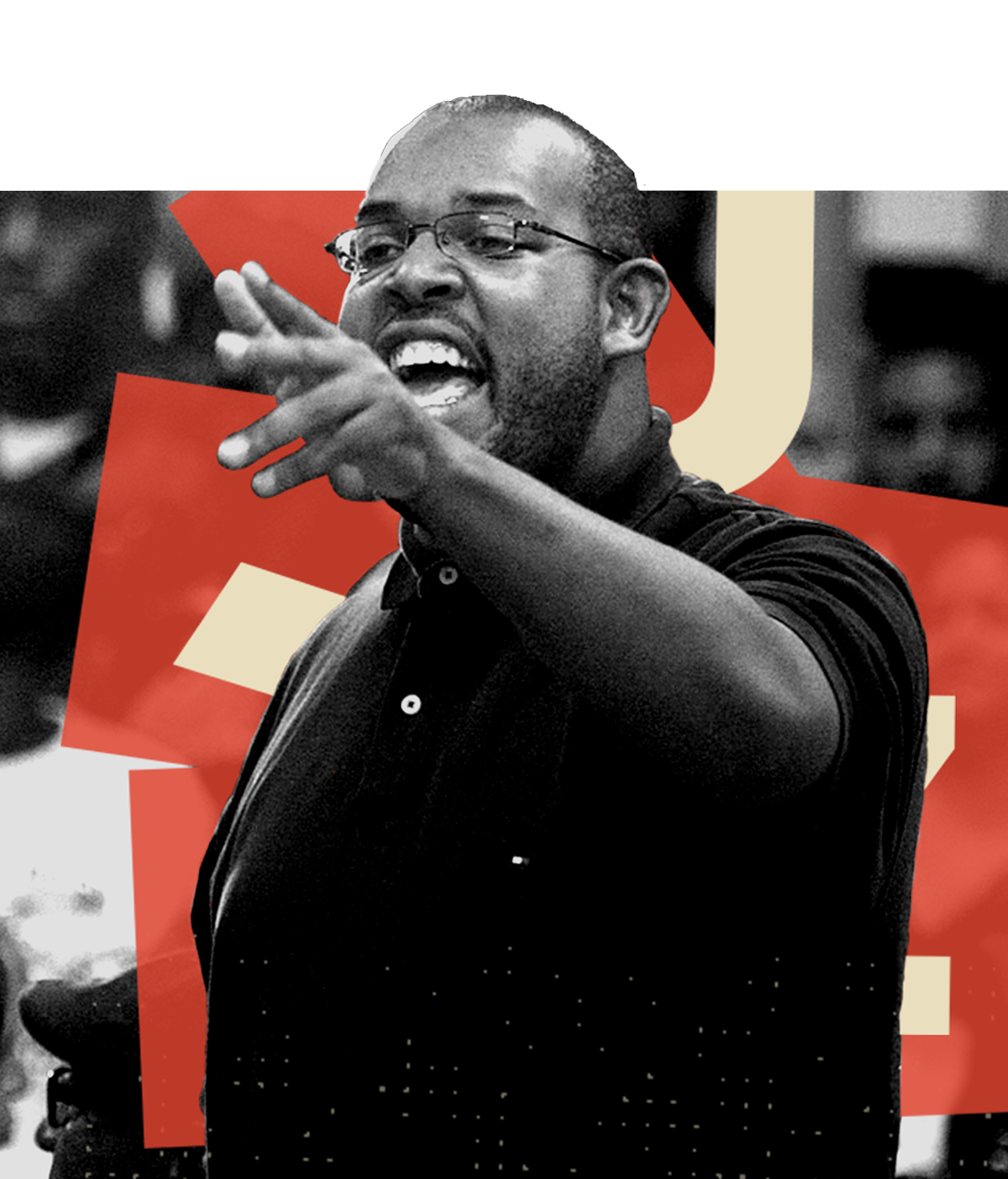
The following is a lightly edited transcription from The Punch Out with Eugene Puryear, a daily news podcast that comes out Monday through Friday, 5pm ET. Subscribe here.
It barely caused a ripple in mainstream news but over the weekend the oil business in Sudan ground to a halt as huge protests in the eastern part of the country blocked oil shipments and roads.
The shutdown in Sudan comes days after a failed coup attempt, with perhaps another on the way shortly. The governing coalition, heavily controlled by certain military factions, is still struggling to bring together a stable power structure and the country remains deeply divided.
After the mass actions, protesters then allowed oil flows to resume amid negotiations with the government. They are still in a state of mobilization, however, while considering an offer to end the stand-off from the central government. Many observers and journalists believe the situation could flare up again at a moment’s notice.
At the heart of the current stalemate are a few different intertwined issues, flowing from the aftermath of the 2019 “Sudanese Revolution,” as it’s known there. Over months, huge mass protests, the stubborn continuation of several armed insurgencies and broad discontent with the government apparatus led a section of the military to overthrow Omar al-Bashir, long-time leader of the country.
The movement to overthrow al-Bashir had a range of different currents, however; after military elements seized power, the movement quickly splintered.
Some civilian forces and armed groups joined with the new government. Others, including the prominent Communist Party, remained in opposition. At times, various forces float in and out of supporting the government, leaving the ruling coalition in a constant state of flux.
The government claims that last week disgruntled forces in the military, allegedly affiliated with the former Bashir government, attempted to seize power but failed. The Communist Party of Sudan noted that the coup was the result of unfulfilled promises of the transition government, especially the maintenance of various pro-government militias, the failure to restructure the military and the unwillingness to appropriately punish those who had planned previous coups.
It is clear that the government has set up a situation that has laid the groundwork for ongoing coup attempts.
The issues in the East flow from a long-running dispute in the region. Residents, particularly those of the Beja tribe, have long been denied access to public resources, despite the fact that a huge amount of the country’s oil wealth flows through the region to Port Sudan. Since the 1970s, successive Sudanese governments have appropriated land from the Beja for large-scale plantation schemes. Schools and healthcare there are essentially nonexistent; some estimates say illiteracy is as high as 90%. The Beja have fought back through various means. In 2005, Port Sudan saw over 20 Beja protestors massacred and hundreds more arrested.
Late last year the Sudanese government signed a peace deal with several armed groups also present in the region but Beja leaders said their concerns were left out, and getting them heard is what is behind the current protests. Beja leaders are demanding the dismantling of this regional agreement and establishing a new one with stronger wealth and power sharing arrangements.
Beja forces also said, if these demands can’t be met, they also would like to see some self-determination for the region as well. In the past there have been calls for independence.
Sudan remains on a knife’s edge, as some elements of the civilian government had their security detachments withdrawn by the military. High-stakes jockeying continues at the top of government.
The Sudanese government has already become a particular ally of the United States. The new government changed the country’s formal support for Palestine to support for Israeli apartheid. It has also been backing U.S. moves to pressure Ethiopia and Eritrea; undoubtedly the Sudanese government is hoping that maneuver gives them some cover to enforce their writ in the East and inside their own transitional government.
Outside of its national particularities, the Sudanese conflict reflects challenges facing a range of African countries, where the combination of colonial borders, atop thousands of years of ethnic and cultural heritage, alongside resources being hoarded by a few elites backed by international actors, have combined to create potent brews and explosive conflicts.
BreakThrough News is building the media arm of the movement. We tell the untold stories of resistance from poor and working-class communities — because out of these stories we will construct a different narrative of the world, as it is and in real time.
Think to yourself, is this article something that would be published anywhere other than BreakThrough?
Five mega-corporations dominate the media landscape — controlling 90% of what we read, watch and listen to. People’s movements in every corner of the globe are changing history and shifting consciousness. But these movements barely receive any coverage from the corporate media. They need visibility. They need amplification. They need a media arm to break through.
Working-class people deserve better, we deserve media for and by us. We are not funded by billionaires or corporations – we are funded by you. Without you, BreakThrough would not be possible, so become a member and build the media arm of the movement with us.
To send a check to BreakThrough News, please make it out to BreakThrough / BT Media Inc. and send to 320 W. 37th Street, NY, NY 10018. Donations are tax-deductible in accordance with the law.

Eugene Puryear is a longtime journalist and community organizer currently-based in New York City. Eugene helped to organize a number of the large-scale demonstrations that took place against the continuing U.S. war and occupation of Iraq and Afghanistan, he was a key leader In the struggle to free the Jena Six in 2007, and a founder of the anti-gentrification group Justice First, the Jobs Not Jails coalition, DC Ferguson Movement and Stop Police Terror Project-D.C. Puryear is the author of the book Shackled and Chained: Mass Incarceration in Capitalist America, and spent five years in radio prior to helping found BT News.